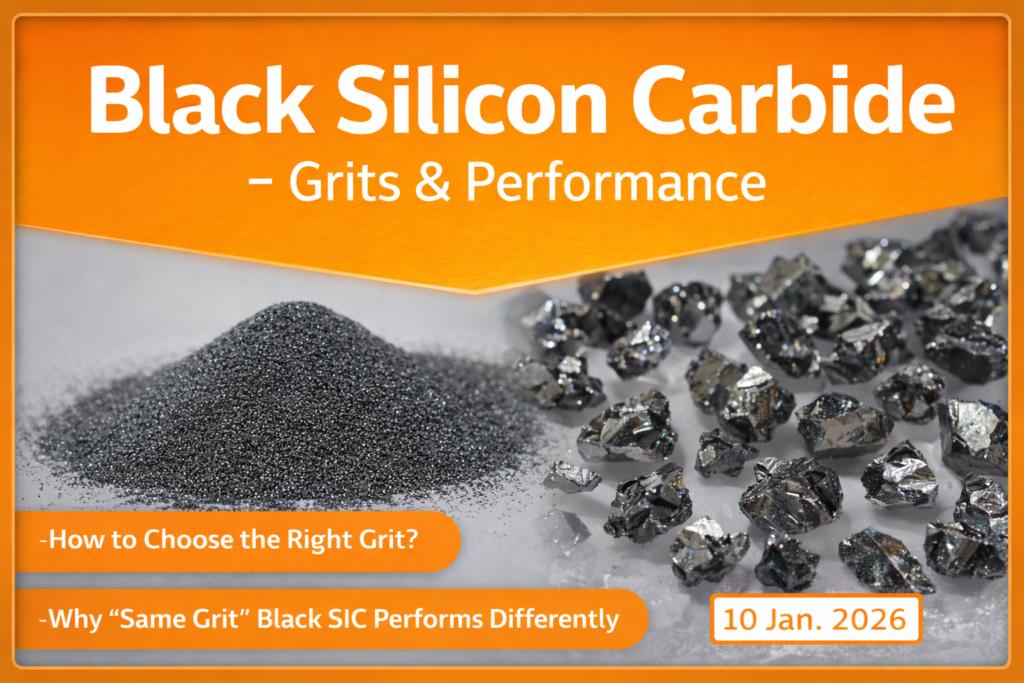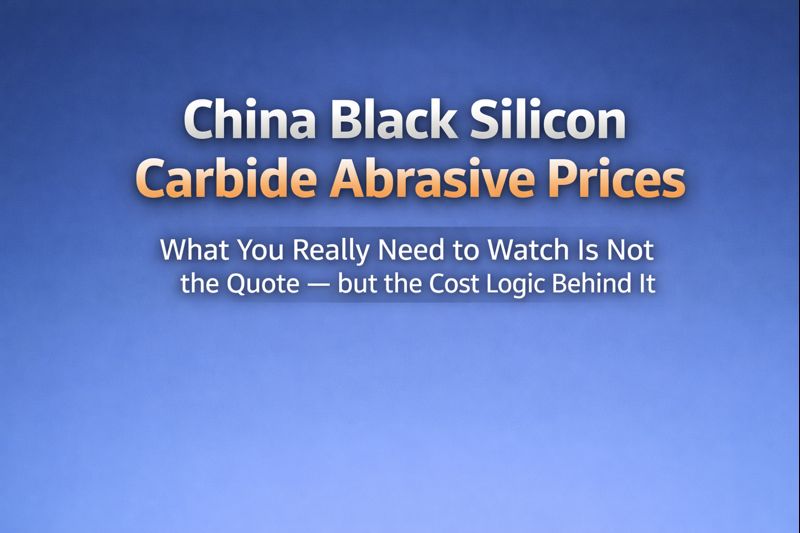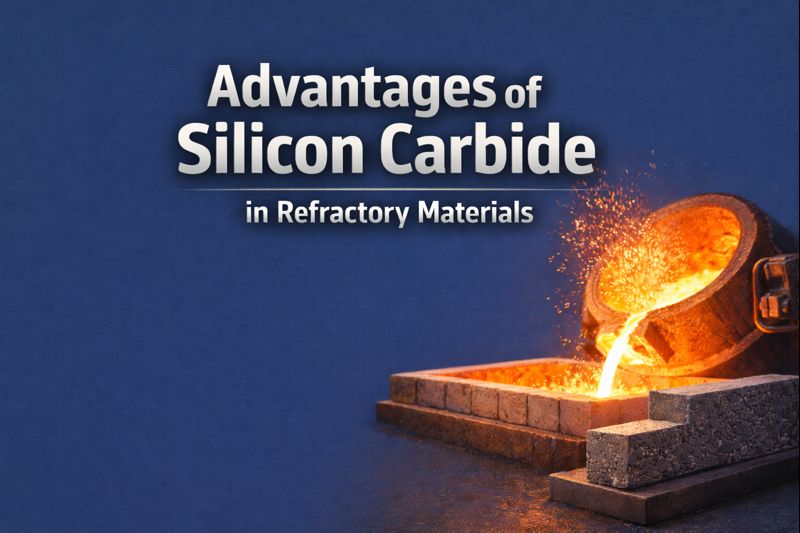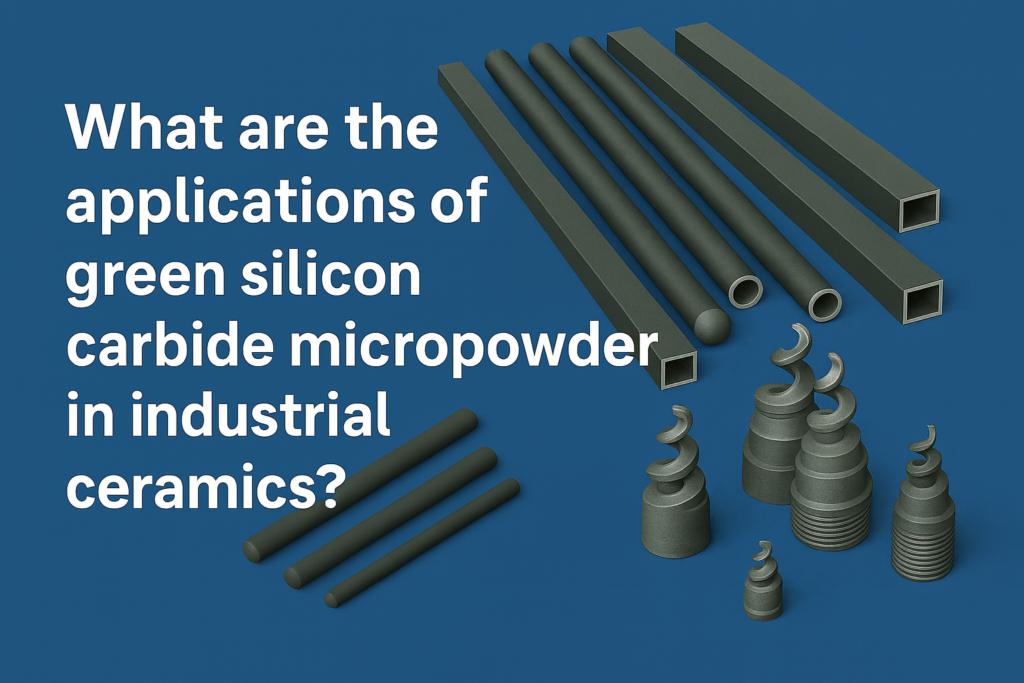As the CEO of GREAT Abrasive, I’ve witnessed firsthand the transformative impact of choosing the right abrasive materials in high-tech manufacturing. But why should you consider boron carbide for your sapphire substrate finishing?
Boron carbide, a crucial non-oxide ceramic, is revered for its exceptional hardness, only surpassed by diamond and cubic boron nitride. Its blend of high melting point, substantial elastic modulus, low density, and excellent thermal stability makes it a standout choice for sapphire substrate finishing.
Why is the choice of abrasive so pivotal in achieving the perfect finish on sapphire substrates? Let’s delve deeper into the unique properties of boron carbide and how they apply to your precision needs.
What Sets Boron Carbide Apart in Industrial Processing?
Sapphire substrate processing is no small feat. It involves meticulous stages: rough grinding, fine grinding, and polishing, each essential in achieving that flawless, mirror-like finish. During these stages, the physical characteristics of boron carbide, particularly its hardness (Mohs hardness of 9.3) and durability, play a crucial role.
But why does hardness matter so much in these processes? And how does boron carbide reduce the incidence of damage during these critical phases?
The Critical Role of Hardness in Sapphire Finishing
The journey of transforming a rough sapphire surface into a smooth, polished masterpiece is fraught with challenges. Traditional abrasives often fall short, leaving scratches and causing suboptimal results. This is where boron carbide comes into play. Its slight softness compared to diamond prevents deep scratches that are difficult to repair, maintaining the integrity of the sapphire surface.

Can boron carbide abrasives provide a balance between efficiency and surface quality? How does it compare to diamond in terms of cost and performance?
Boron Carbide vs. Diamond: A Cost-Effective Alternative
While diamond abrasives are known for their unrivaled hardness, they can be overkill, leading to unwanted scratches and high material costs. Boron carbide offers a more budget-friendly alternative without compromising on performance, particularly in settings where control over abrasive qualities can make or break the production output.

What are the economic implications of using boron carbide instead of diamond? How does this choice impact the overall manufacturing costs of sapphire substrates?
Economic Benefits of Boron Carbide in High-Tech Manufacturing
In the high-stakes world of sapphire substrate manufacturing, the cost of abrasives can significantly affect the bottom line. Using boron carbide, manufacturers can reduce costs while still achieving high-quality finishes. This cost-effectiveness, coupled with reduced material waste and lower risk of substrate damage, makes boron carbide a wise choice for cost-conscious businesses.

How does the integration of boron carbide into your manufacturing process improve product consistency and reduce rework?
Enhancing Quality and Consistency with Boron Carbide
Adopting boron carbide in the finishing process not only lowers the risk of deep scratches but also enhances the consistency of the final product. This consistent quality is crucial for industries where even minor imperfections can result in product failure or rejection.

What steps can manufacturers take to integrate boron carbide into their existing processes? Are there innovative applications of boron carbide that could further enhance surface quality?
Future Directions: Boron Carbide and Beyond
Exploring the use of composite particles of boron carbide with other abrasive materials could further push the boundaries of what’s possible in chemical mechanical polishing. This synergy could potentially unlock even higher efficiencies and better surface qualities, paving the way for advancements in not only sapphire substrates but other hard materials as well.
In conclusion, the shift to boron carbide abrasives in sapphire substrate finishing offers a promising path towards enhanced efficiency, reduced costs, and improved product quality. As we continue to innovate, the role of boron carbide in high-tech manufacturing will undoubtedly expand, offering exciting opportunities for forward-thinking manufacturers.





